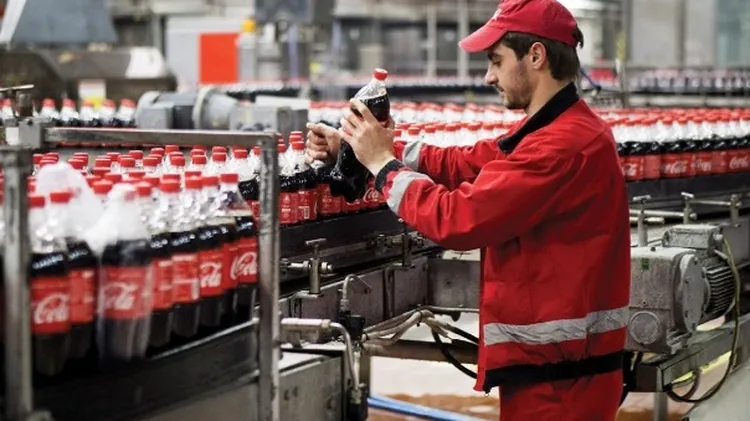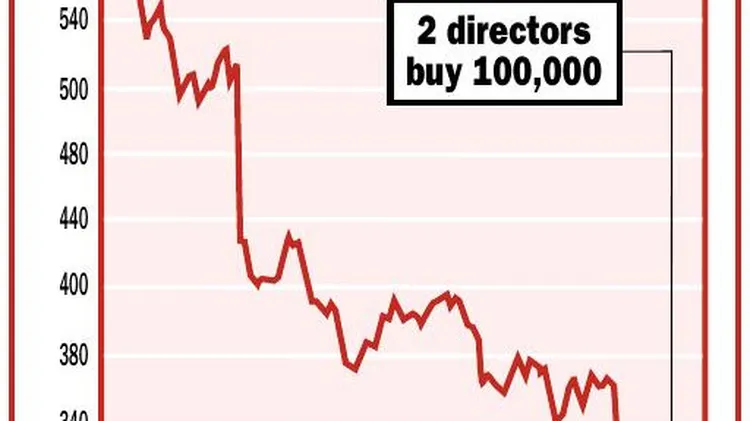British mid caps are learning the value of turning down offers from pot
It pays to just say no
3 min read
This article is from...
Read this article and 8000+ more magazines and newspapers on Readly





